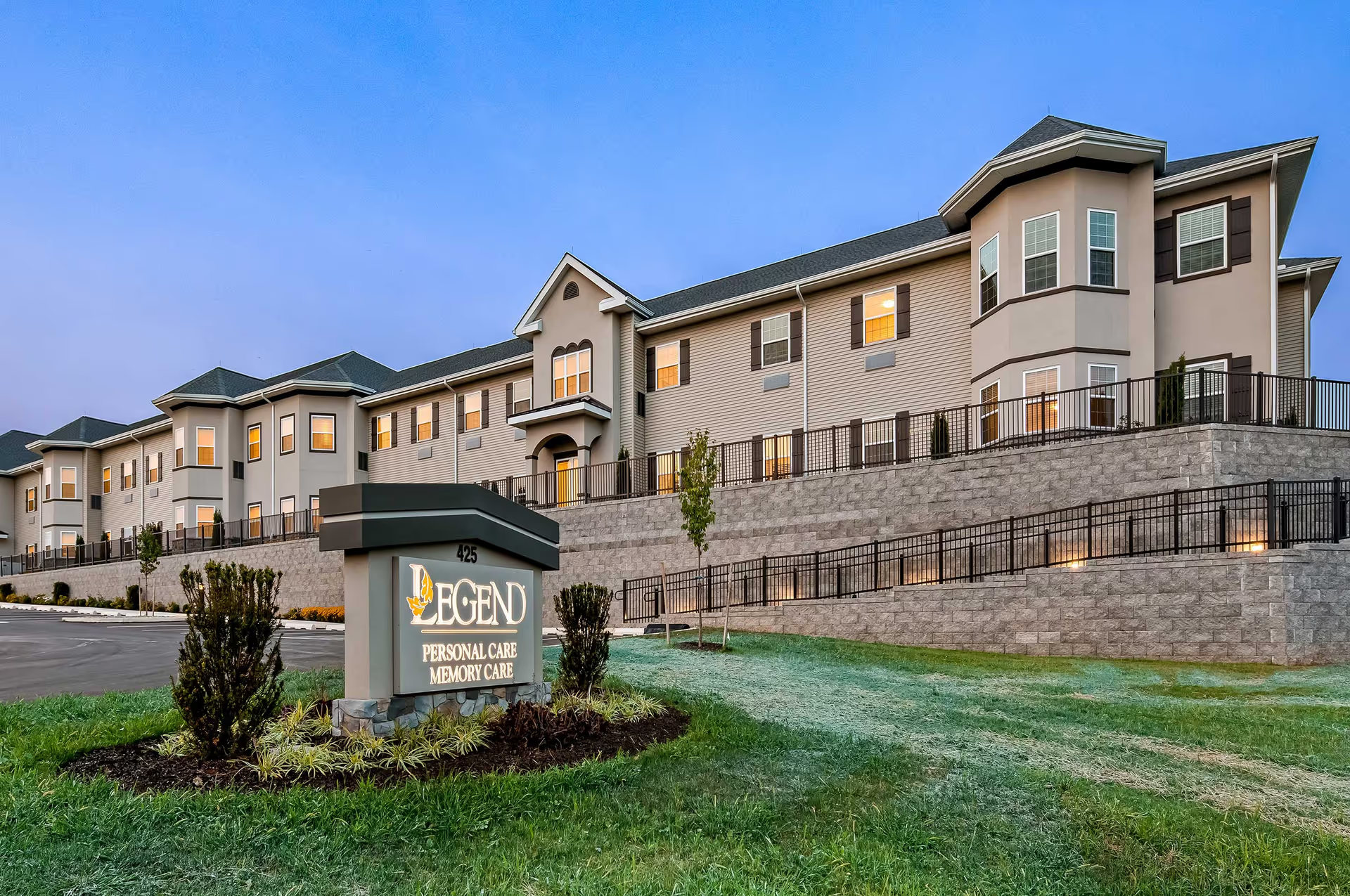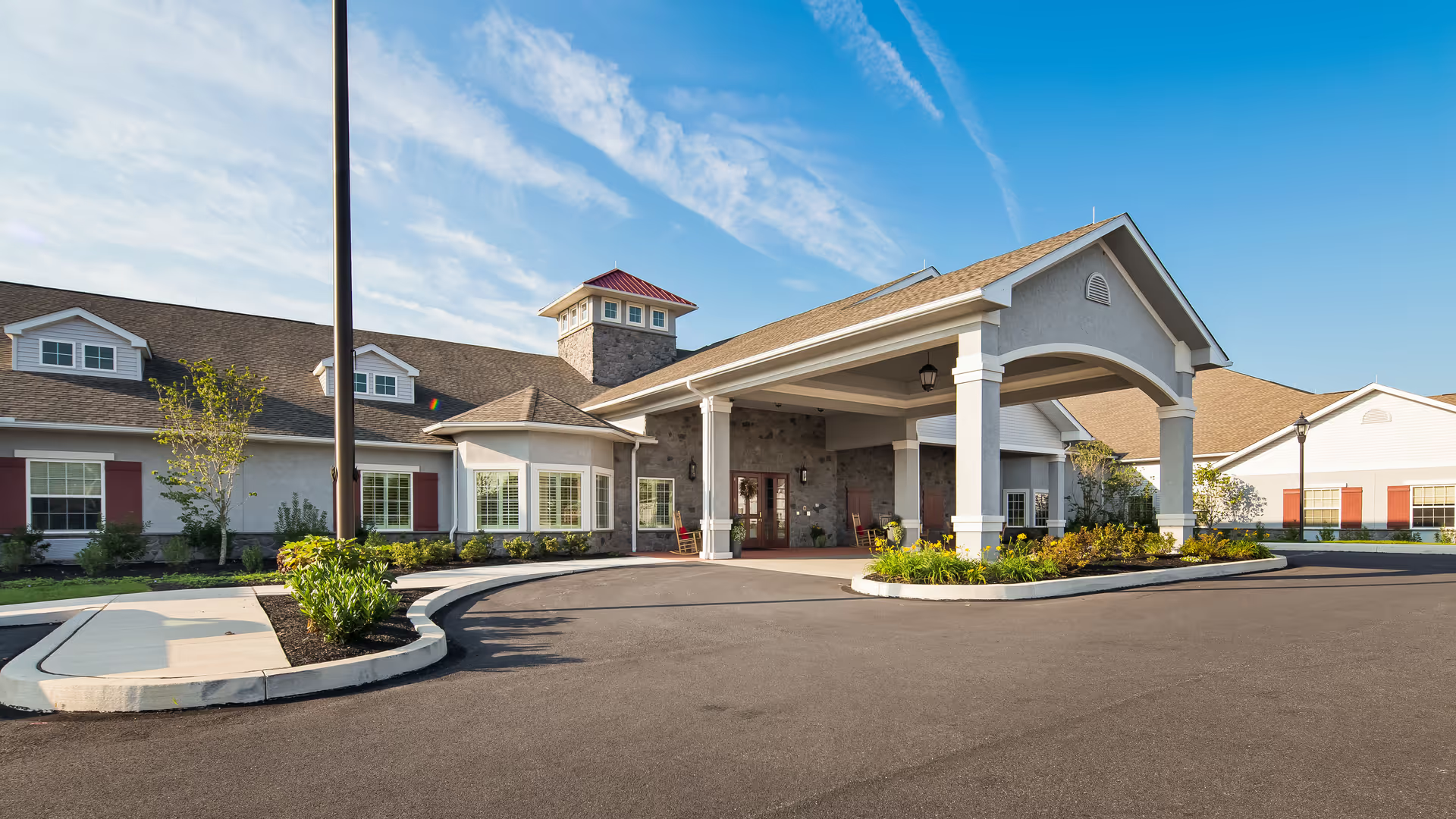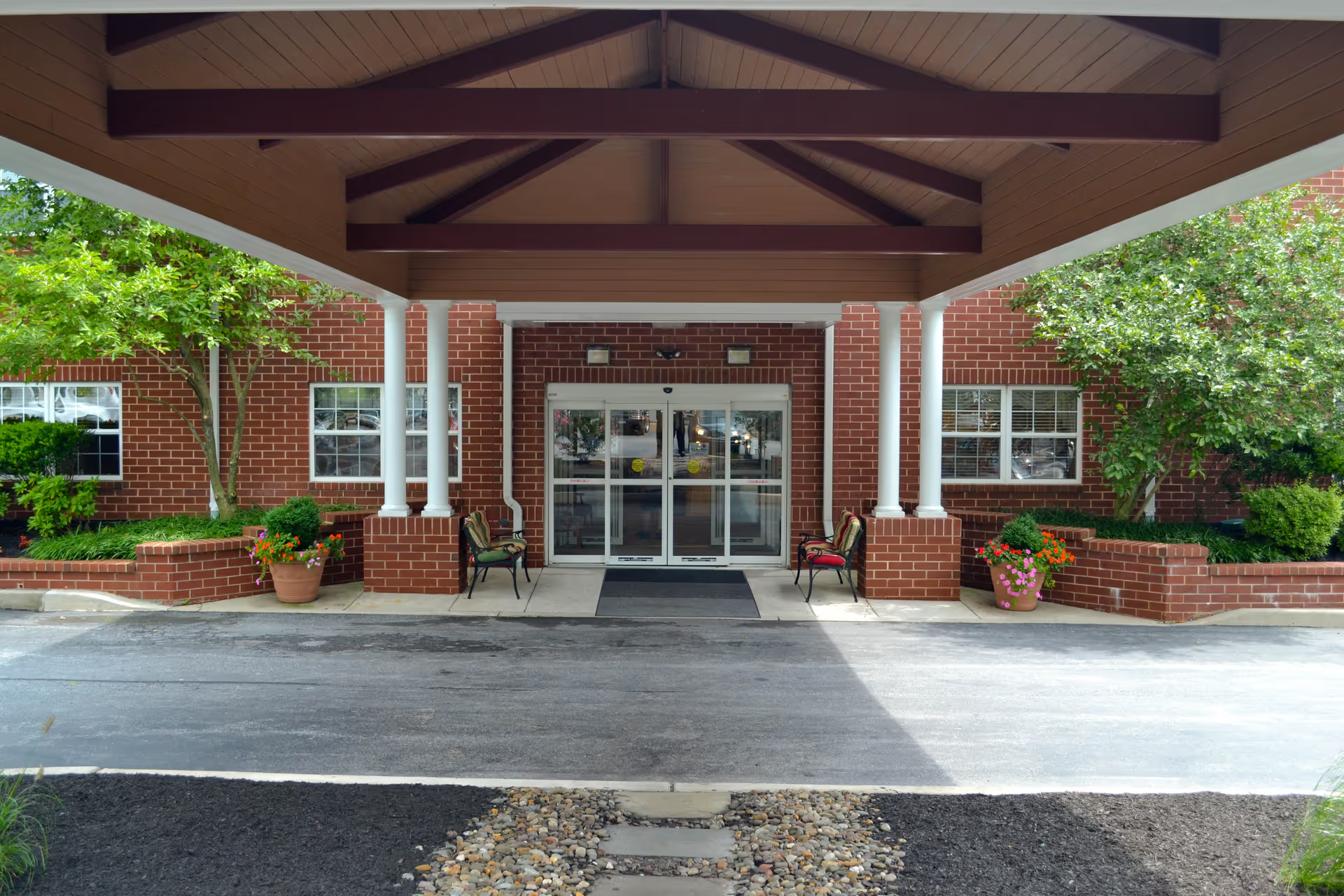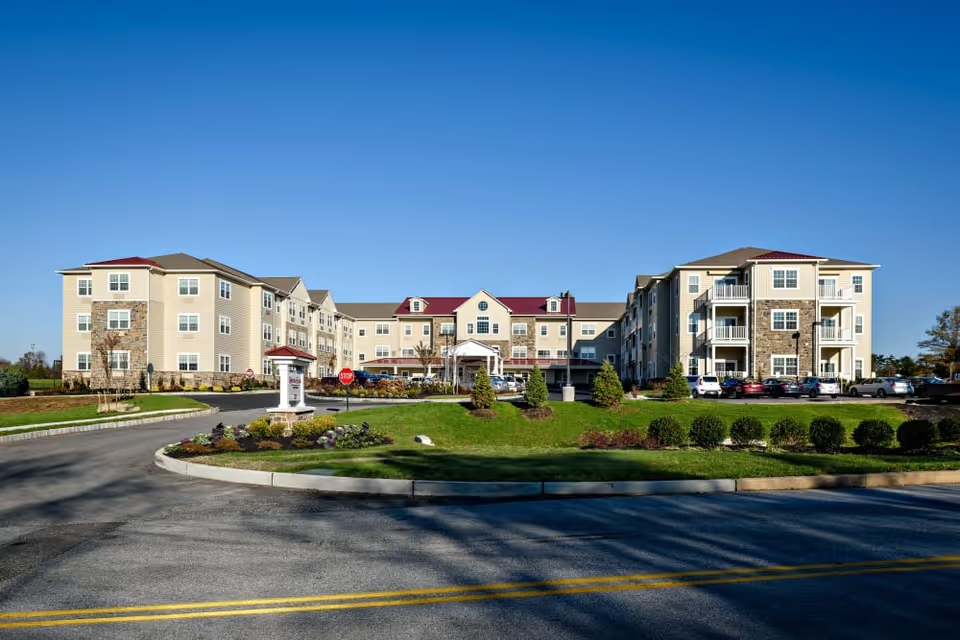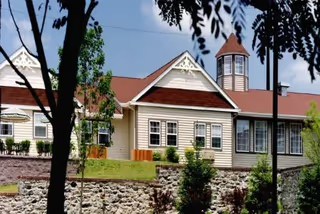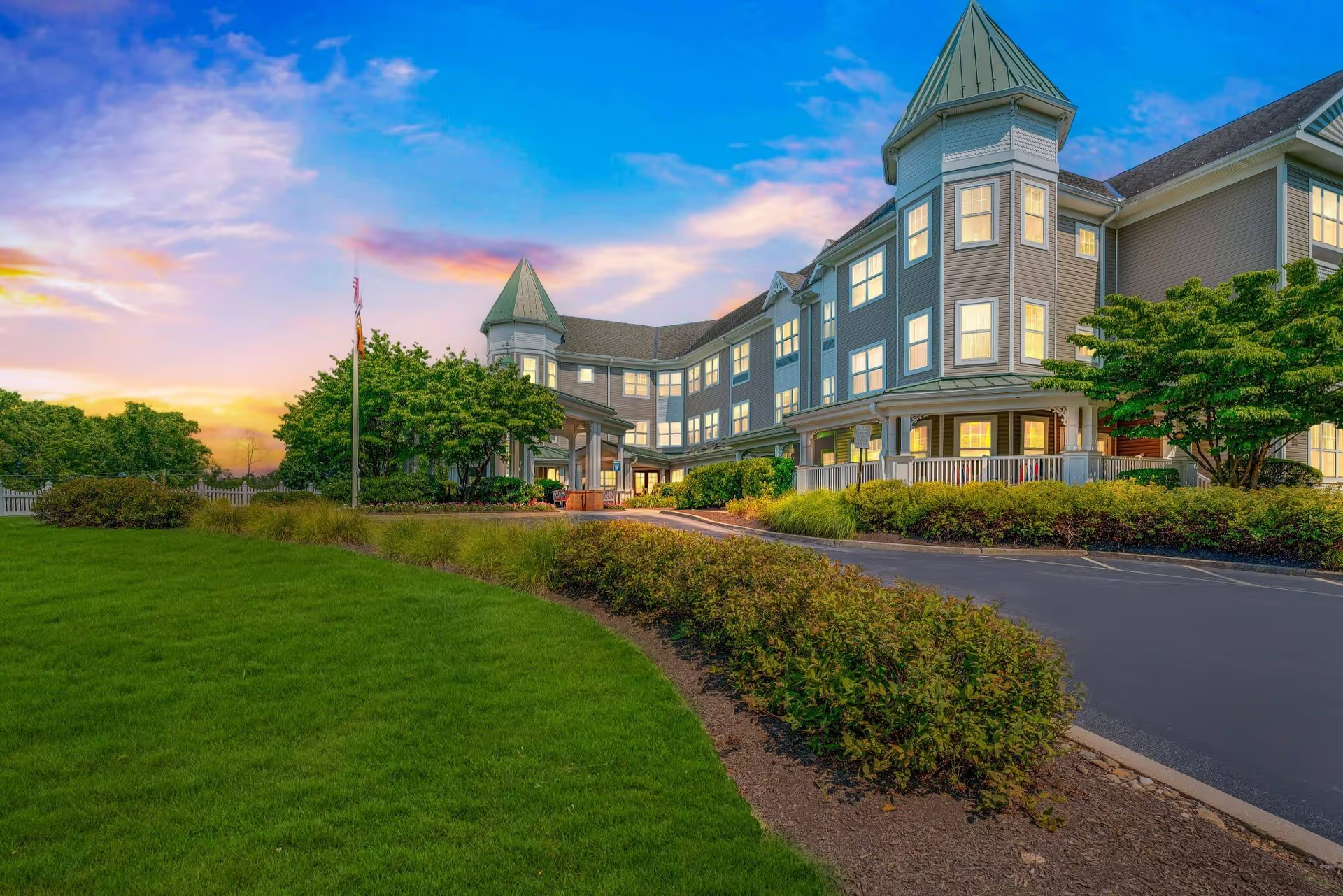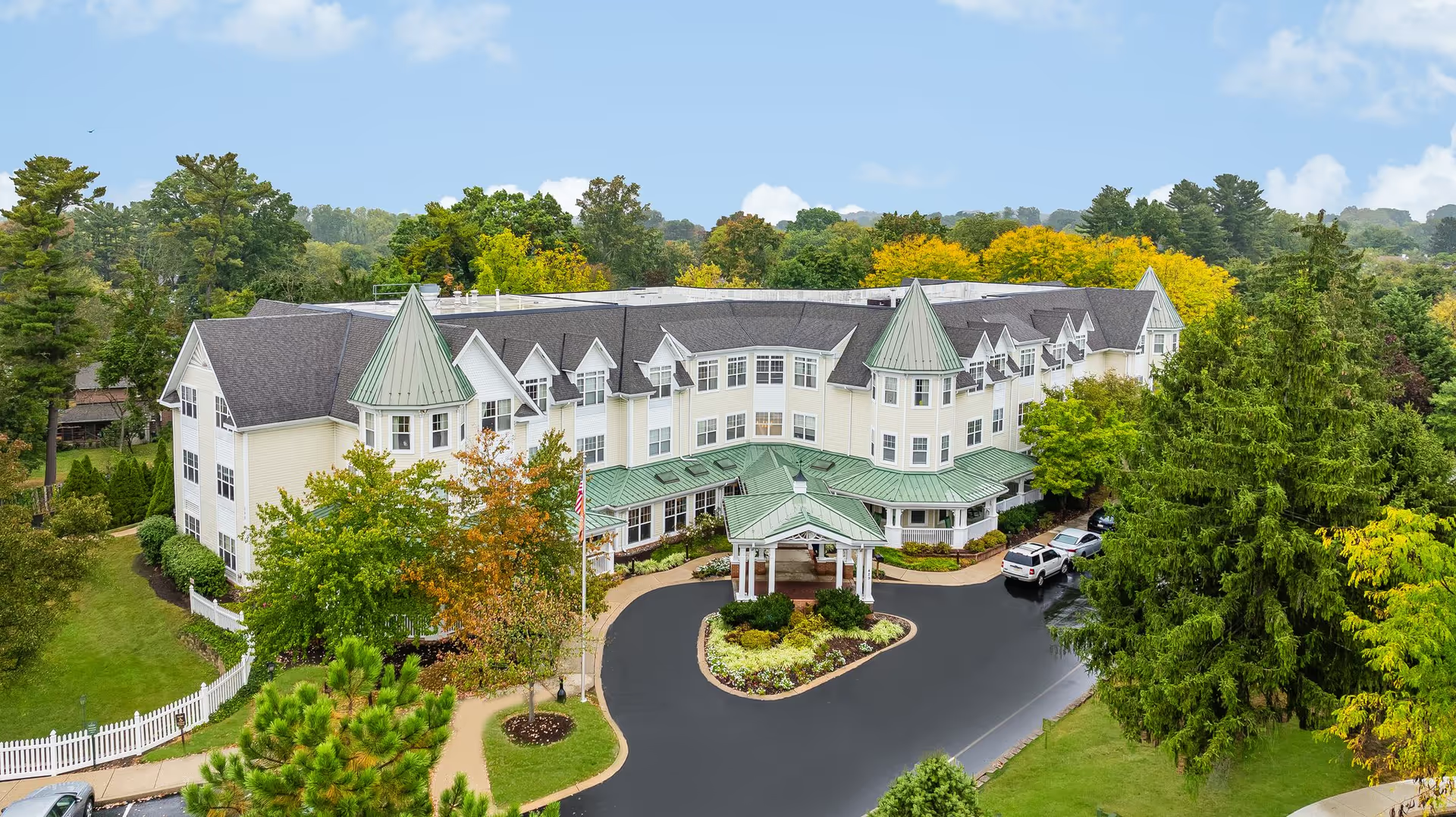National Rehabilitation Hospital sits at 102 Irving St NW in Washington, D.C., with its main entrance close to the VA hospital, which makes it a bit easier to find on the big medical campus that can feel confusing with its many buildings and roads, though folks have noted cracked sidewalks and some wheelchair ramps need fixing. The hospital has 137 licensed beds, about 120 in operation, and specialists care for people both as inpatients and outpatients; there's even a small 12-bed pediatric rehab unit suited for children and teens. They focus on making each patient as independent as possible, whether it's after a stroke, an amputation, a spinal cord injury, or a brain injury, and use many therapies-physical, occupational, and speech therapy are regular parts of care, with a dedicated staff that includes doctors in rehabilitation medicine, psychologists such as Philip Appel, PhD, and specialists in speech therapy like Janice.
They're open Monday through Thursday 7:00 AM to 6:30 PM, and 7:00 AM to 4:30 PM on Friday, with no age restrictions, so adults and children alike get care here. The hospital has every type of rehab service you'd expect, along with neuropsychological care, vocational counseling, and special clinics like the Seating and Mobility Clinic or the Concussion Clinic for mild brain injuries. Patients get help five to six days a week, depending on needs, and there's day treatment for more ongoing help after the first hospital stay. Their rehab programs cover many conditions-amputations, brain injuries, spinal cord injuries, strokes, orthopedic problems, cancer, cardiac issues, chronic pain, and more, with advanced equipment including gait training tech like the Lokomat. CARF and JCAHO give accreditations for meeting high standards, and special programs for stroke, brain injuries, and spinal cord injuries have an extra CARF seal.
Over 50 outpatient rehab sites reach across the D.C., Maryland, and Northern Virginia area-this makes it simpler for folks to keep getting therapy nearby after leaving the main hospital. There's really a mix of specialized professionals working together-doctors, physical and occupational therapists, speech-language pathologists, neuropsychologists, social workers, and recreation therapists-so care plans fit each person's situation, whether that's learning to walk with a prosthesis or regaining speech after a stroke. Support groups and emotional care help both patients and their families find hope again, which can be important when life changes after a big injury or illness. Parking is usually available, and the whole place has air conditioning and accepts credit cards in the café-handy for visitors waiting during appointments. The campus is ADA accessible, though some repairs are needed, and cancer rehabilitation, lymphedema management, manual therapy, and EMG testing add to the long list of medical rehab services. They work closely with medical research at Georgetown University School of Medicine and train new staff and students in rehabilitation practices. Overall, the hospital aims to help people return home, to work, and back to the life they want as much as possible, doing so with a big team and a broad set of treatments that fill most rehab needs from little kids all the way up to older adults.
